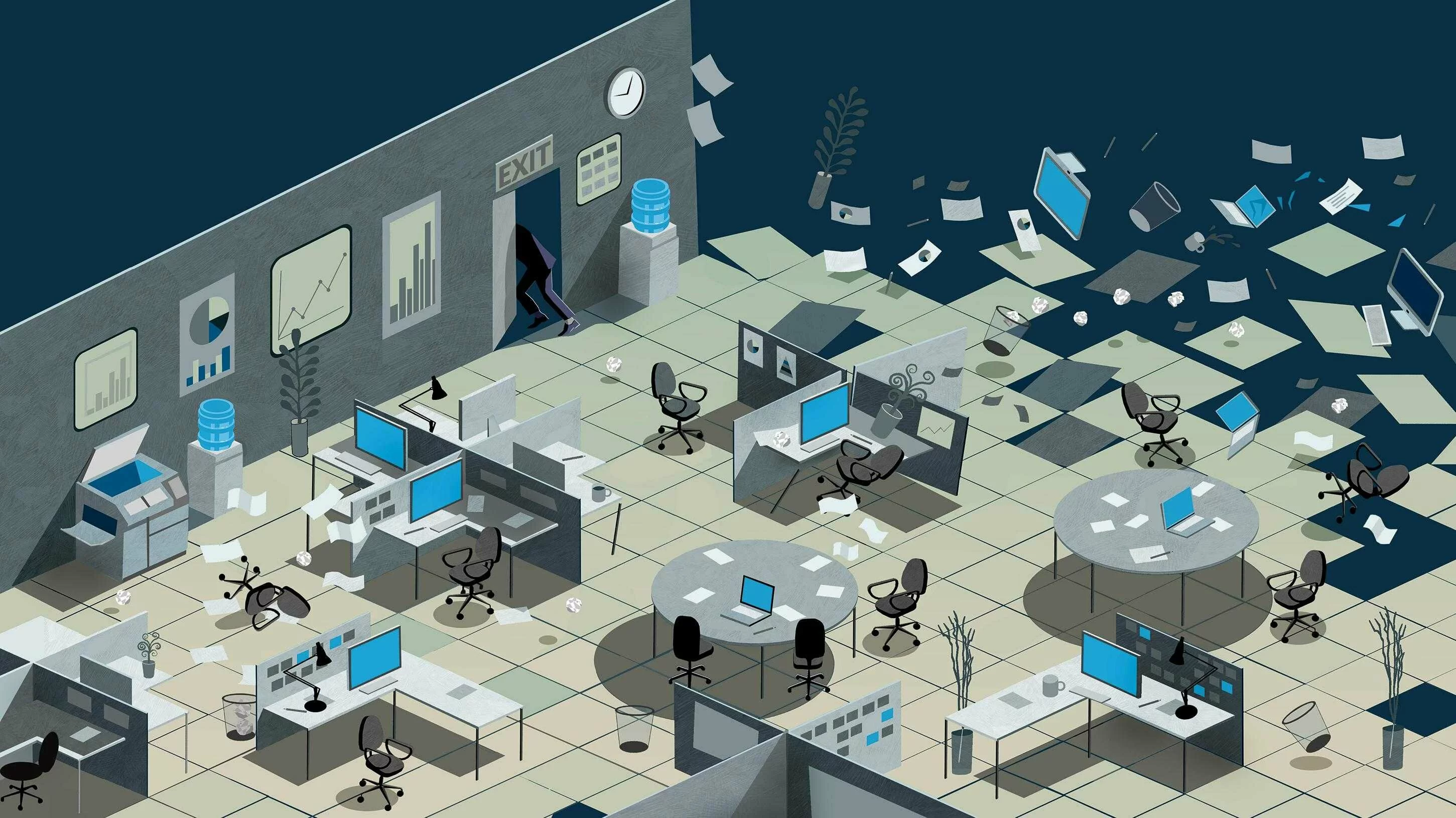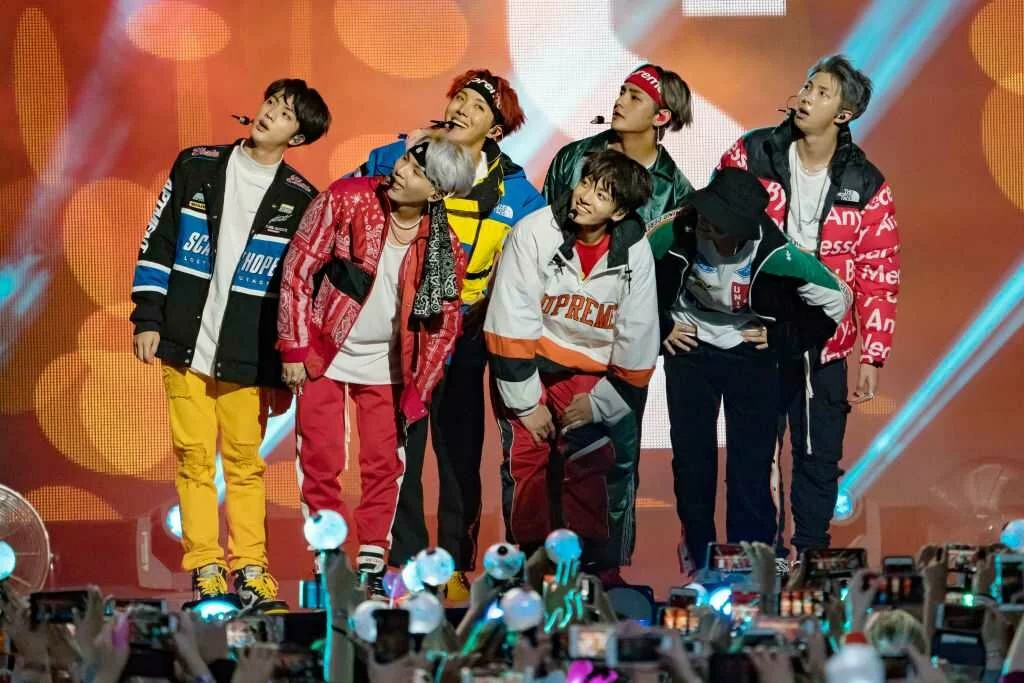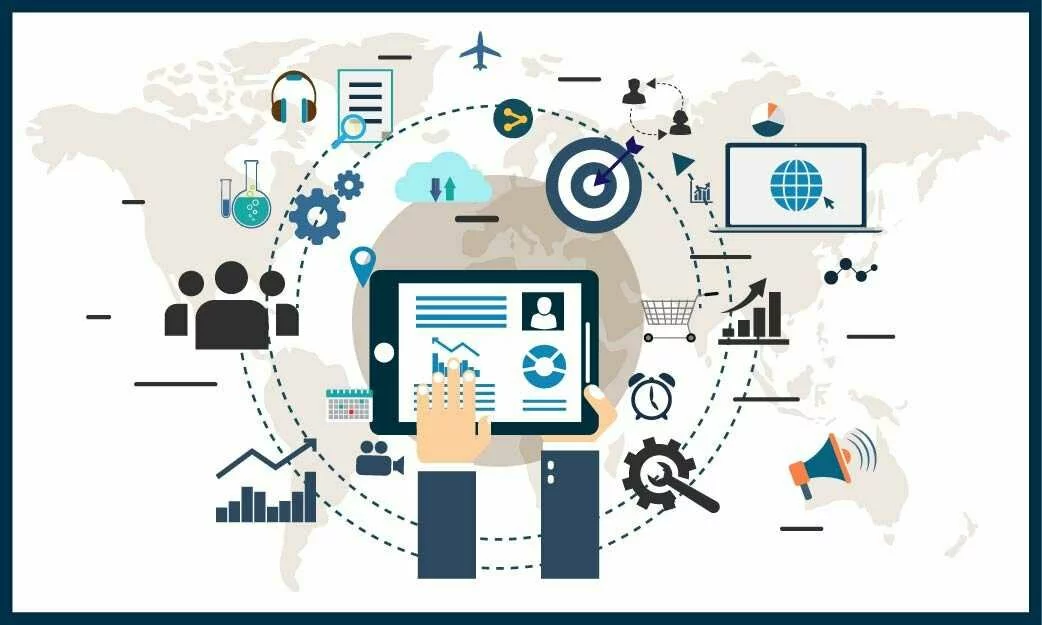
Death of the office
- 2020-04-29 16:39
- By 1843magazine.com
Relief at freedom from the daily commute and pleasure at turning one’s back on what Philip Larkin called “the toad work” are tinged with regret and nostalgia, as we prepare for another shapeless day of WFH in jogging bottoms. The new steam trains shuttled ever more workers into the cities, where they plumped themselves behind desks in order to practise ancillary professions – finance, law, retail – that flourished on the back of heavy industry. After expanding on the pleasure of his method for some time, Pliny (the office boar) concluded that this was a remarkably productive way to work since “the mind is stirred and quickened into activity by brisk bodily exercise”. Joshua Ferris, an American novelist, won literary plaudits for “Then We Came to the End”, a novel that sustained a narrative in the first-person plural to demonstrate the obliteration of individual character by corporate identity. Eliot (who had once worked in Lloyds Bank) saw the crowds of commuters crossing London Bridge in terms of Dante’s vision of hell: “I had not thought death had undone so many.” Walt Whitman sneered at clerks as men “of minute leg, chalky face and hollow chest”. It helped that its chief executive was Adam Neumann, a man who looks like Christ reimagined by Mattel, with a Ken-like sweep of hair, dazzling white teeth and a firm belief in his power to save us from the hell of offices without cucumber water and succulents. Offices even tend to be more physically unpleasant places for women than for men: as a recent study showed, the ambient air temperature is generally set to suit “the metabolic rates of a 154-pound, 40-year-old man” (probably called Steve). For most of history, workplaces ignored children entirely (the run on deposits precipitated by the arrival of the Banks twins at their father’s place of work in “Mary Poppins” shows the dire consequences of offspring turning up at the office). The office’s ongoing indifference to children has resulted in the social phenomenon that Emily Oster, professor of economics at Brown University and author of “Cribsheet”, a data-led guide to raising kids, calls “secret parenting”. After the initial joy of peering into each other’s houses on Zoom, we are confronted with people’s heads looming even closer than we see them across the desk at work, and we gaze in horror – half of it self-awareness that we, too, must look awful – at thinning hair and double chins.

PA Court says special wine, liquor orders can be sent directly

BTS Fans Are Emotional Over the Music Video for 'Make It Right'

